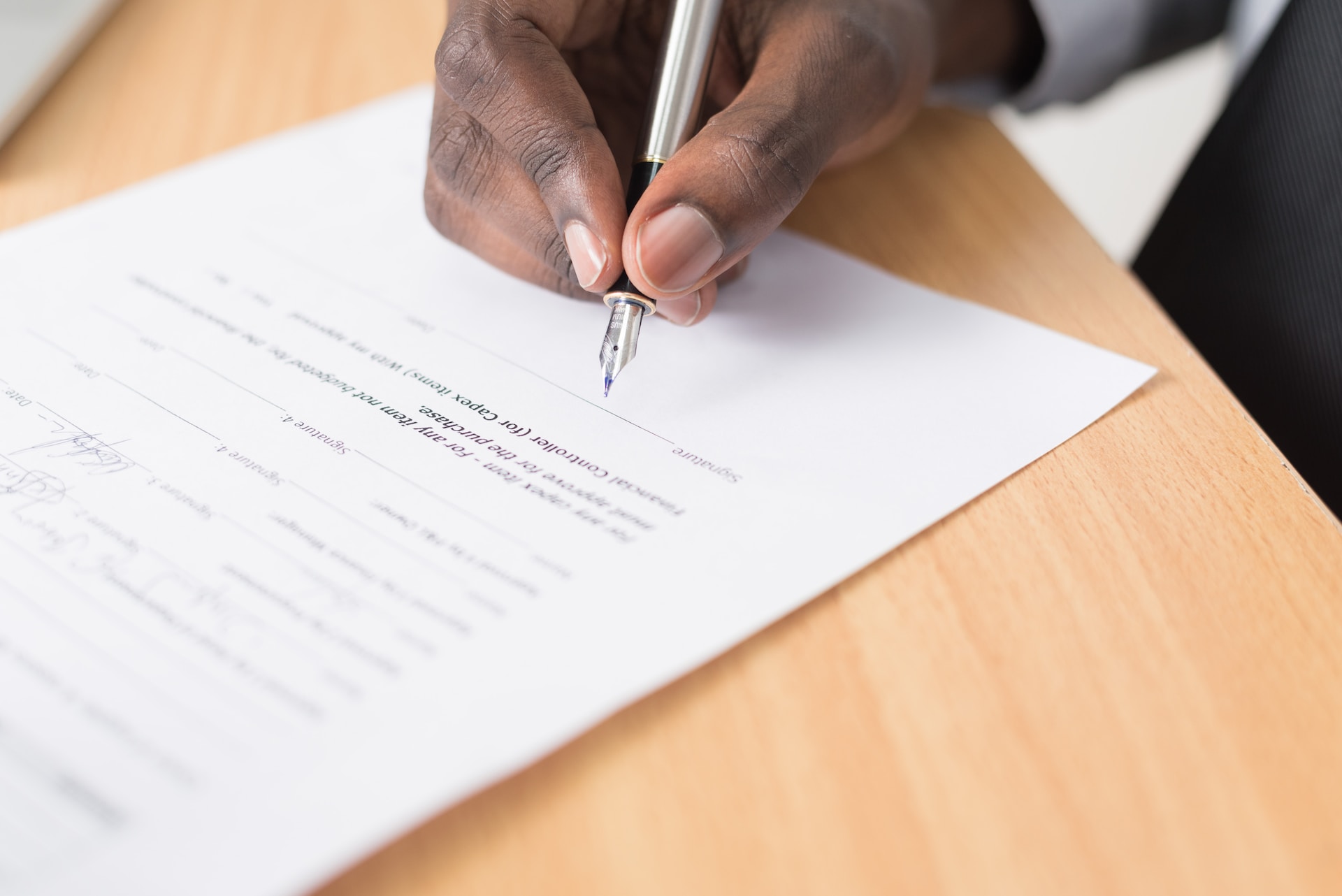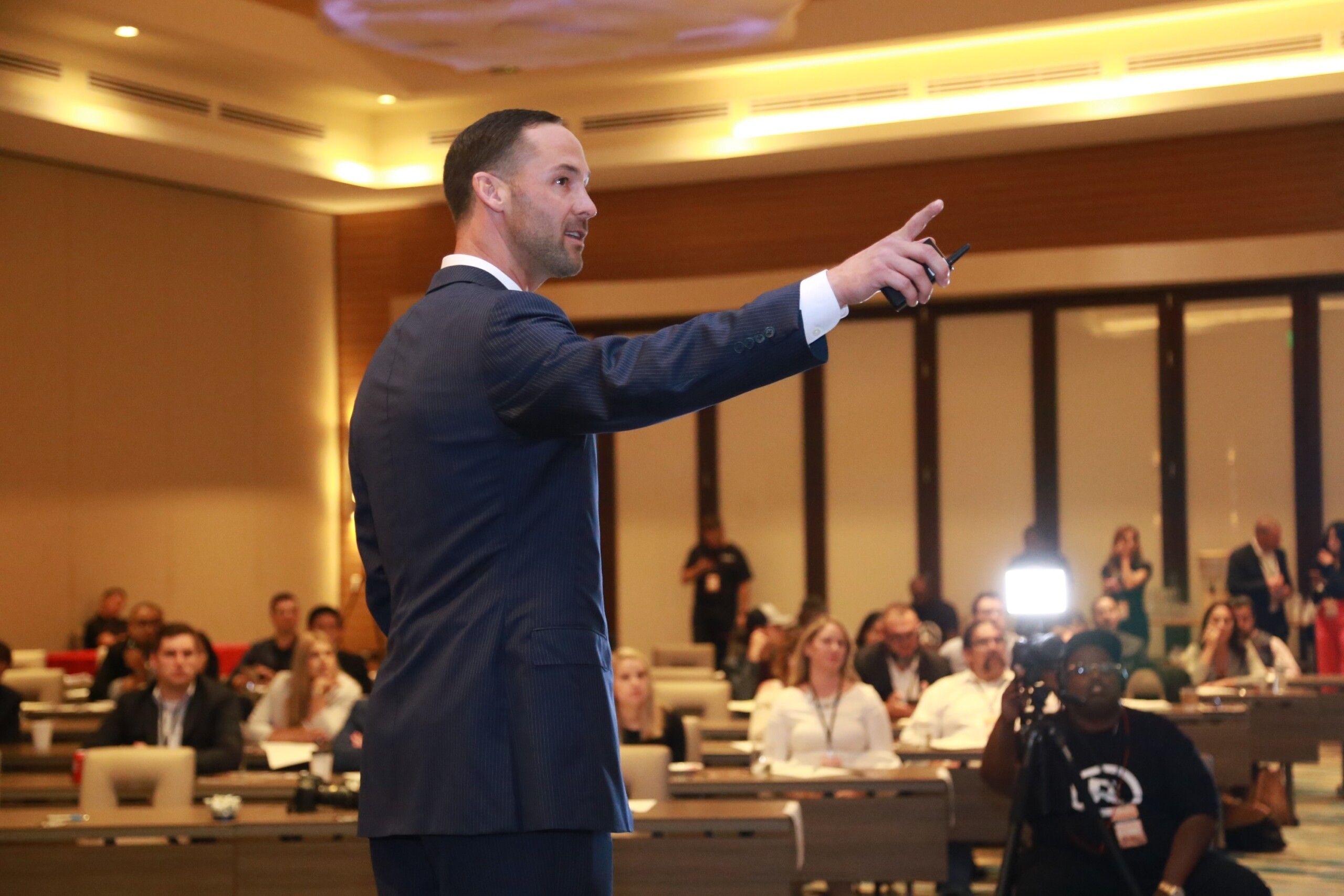
Signs That Your Case Will Be Dismissed
1. Understanding Burden of Proof:
In a criminal case, the burden of proof is like a big responsibility on the shoulders of the prosecutors. They have to show, beyond any doubts, that the person accused is guilty. If they can’t do this convincingly, the case might be seen as weak, and it could even be thrown out.
2. Inconsistent Testimonies:
When people who witnessed something say different things, it’s a problem. Imagine if you and your friend tell different stories about what happened at the movies – it can be confusing. In a legal case, inconsistent testimonies from witnesses can weaken the case and make it less likely to succeed.
3. Problems with Collecting Evidence:
Evidence is like puzzle pieces that show if someone is guilty or not. But if the pieces are collected the wrong way – like someone touching them with dirty hands – the whole picture can be wrong. Mistakes in collecting evidence can seriously hurt a case.
4. Legal Rules and Mistakes:
Think of legal cases like playing a game with rules. If someone doesn’t follow the rules, it can change everything. Even small mistakes in how the case is handled can make it weaker. Understanding these rules can help see if there are problems in the case.
5. Finding Weak Spots in Arguments:
Lawyers use strong arguments to prove their points. But just like you can find weak points in a video game, there can be weak spots in legal arguments. Discovering these weak spots helps understand if the case is shaky.
6. Bias and Motivations:
People involved in a case – like the police or witnesses – might have personal feelings or reasons to act a certain way. This is called bias. If someone is biased, it can make the case unfair. Spotting bias helps to see if the case is being handled fairly.
7. The Power of Expert Witnesses:
Imagine you and your friend are arguing about a soccer game, and suddenly a soccer expert shows up to explain things. In a legal case, expert witnesses are like those experts. They help explain complicated things. But if these experts aren’t trustworthy, it can hurt the case.
8. Talking About Plea Deals:
Sometimes, if the case looks weak, both sides might decide to make a deal. It’s like when you and your friend both decide to compromise instead of arguing. These deals are called plea bargains, and they can happen to avoid a long, complicated trial.
How To Get Charges Dropped Before a Court Date?
Getting charges dropped before a court date is not always within the control of the accused individual, as it largely depends on the legal system, the specific circumstances of the case, and the discretion of law enforcement and the prosecution. However, here are some general steps and considerations that individuals and their legal representatives may explore:
Consult with an Attorney: Seek legal advice as soon as possible. An experienced criminal defense attorney can assess the details of the case, identify potential defenses, and advise on the best course of action.
Gather Evidence: Work with your attorney to gather any evidence that may support your innocence or weaken the prosecution’s case. This may include witness statements, documents, or any other relevant information.
Negotiate with the Prosecutor: In some cases, a defense attorney may be able to negotiate with the prosecutor to review the evidence and consider dropping the charges. This could involve presenting evidence that undermines the prosecution’s case or highlighting legal issues.
Pretrial Diversion Programs: Depending on the nature of the charges and jurisdiction, some individuals may be eligible for pretrial diversion programs. These programs often involve completing specific requirements, such as counseling or community service, in exchange for the charges being dropped.
Civil Compromise: In certain jurisdictions, a civil compromise may be possible for certain offenses. This involves reaching an agreement with the alleged victim, and if they agree, the charges may be dropped. This is more common in misdemeanor cases.
Show Lack of Probable Cause: If there is a lack of probable cause for the charges, your attorney may file a motion challenging the arrest or the evidence. If successful, this could lead to a dismissal.
Challenge Constitutional Violations: If there were constitutional violations during the arrest or investigation, such as illegal search and seizure or Miranda rights violations, your attorney may challenge these issues in court, potentially leading to the exclusion of evidence or dismissal of charges.
Cooperate with Authorities: In some situations, cooperation with law enforcement and demonstrating efforts to rectify the situation may influence the decision to drop charges. However, this approach may not be suitable for every case.
Remember that the ability to get charges dropped before a court date is case-specific, and success depends on the facts, applicable laws, and the discretion of legal authorities. It’s crucial to consult with an attorney who can provide guidance tailored to the specific circumstances of the case.
If Charges Are Dismissed Is It Still On Your Record
Can Charges Be Dropped After Indictment?
Yes, charges can be dropped after indictment, but the process is typically more complex compared to dropping charges before indictment. Once a case has reached the indictment stage, it means that a grand jury has reviewed the evidence presented by the prosecution and decided that there is enough evidence to proceed with a criminal trial.
However, there are several scenarios in which charges may be dropped even after indictment:
- Insufficient Evidence: If new information comes to light or if the defense presents evidence that undermines the prosecution’s case, the prosecution may choose to drop the charges.
- Witness Issues: If key witnesses become unavailable or recant their statements, it can weaken the prosecution’s case, leading to a decision to drop the charges.
- Procedural Errors: If there are significant errors or misconduct in the legal process, such as violations of the defendant’s constitutional rights, it may result in the dismissal of charges.
- Negotiated Plea Agreement: In some cases, the prosecution and the defense may reach a plea agreement even after indictment. This could involve the defendant pleading guilty to lesser charges in exchange for the dropping of more serious charges.
- Prosecutorial Discretion: Prosecutors have the discretion to drop charges if they believe it is in the interest of justice to do so. This may be based on factors such as the defendant’s cooperation, rehabilitation, or lack of a strong case.
It’s important to note that the decision to drop charges is typically at the discretion of the prosecutor. The specific legal procedures and requirements for dropping charges can vary by jurisdiction. Additionally, the involvement of a judge may be required for formal dismissal of charges.
If you or someone you know is facing criminal charges, it is advisable to consult with a legal professional to understand the specific circumstances of the case and the options available.
Can Charges Be Dropped at a Preliminary Hearing?
Yes, charges can be dropped at a preliminary hearing, but it’s essential to understand the purpose and limitations of a preliminary hearing in the legal process. A preliminary hearing, also known as a probable cause hearing or a pretrial hearing, is conducted to determine whether there is enough evidence for the case to proceed to trial.
During a preliminary hearing, the prosecution presents evidence and witnesses to establish probable cause that a crime was committed and that the defendant was involved. The defense has the opportunity to challenge the evidence presented. If, after considering the evidence and arguments, the judge determines that there is sufficient probable cause, the case will proceed to trial.
However, there are situations where charges may be dropped at a preliminary hearing:
- Insufficient Evidence: If the evidence presented by the prosecution is weak or insufficient to establish probable cause, the judge may dismiss the charges. This could occur if key elements of the alleged crime are not supported by the evidence.
- Legal Deficiencies: If there are legal deficiencies in the case, such as constitutional violations or procedural errors that substantially impact the fairness of the proceedings, the judge may dismiss the charges.
- Lack of Witness Cooperation: If key witnesses fail to cooperate or are unavailable to testify, it can weaken the prosecution’s case, potentially leading to a dismissal.
- Negotiated Resolution: In some cases, the prosecution and defense may reach a negotiated resolution before or during the preliminary hearing. This could involve the prosecution agreeing to drop certain charges in exchange for the defendant’s cooperation or a plea to lesser charges.
It’s important to note that the outcome of a preliminary hearing doesn’t determine the defendant’s guilt or innocence but focuses on whether there is enough evidence to proceed to trial. If charges are dropped at this stage, the case may be dismissed entirely, or the prosecution may choose to refile charges later, depending on the circumstances.
Legal procedures can vary by jurisdiction, so it’s crucial to consult with an attorney for advice tailored to the specific circumstances of a case.
How Often Felony Charges Are Dropped
Conclusion
Understanding these things about a criminal case can be like learning the rules of a new game. By knowing more about how the legal system works, we can all be more informed citizens.
Article Written by Shifted SEO & Web Design


